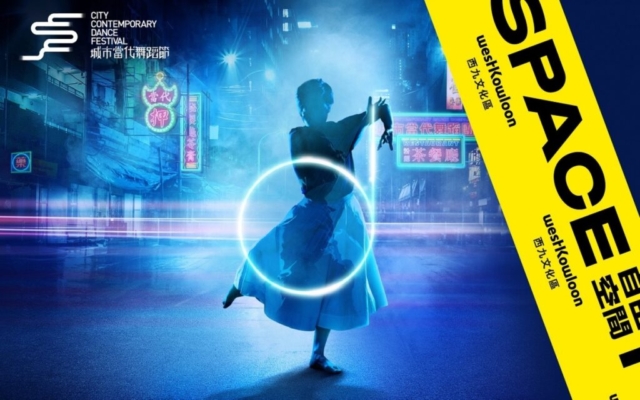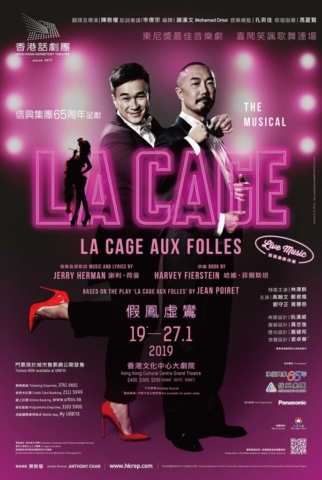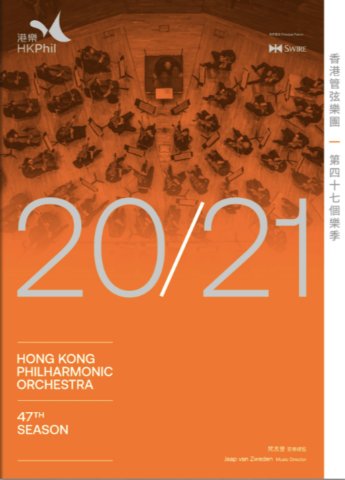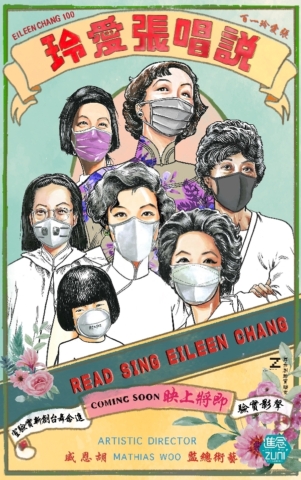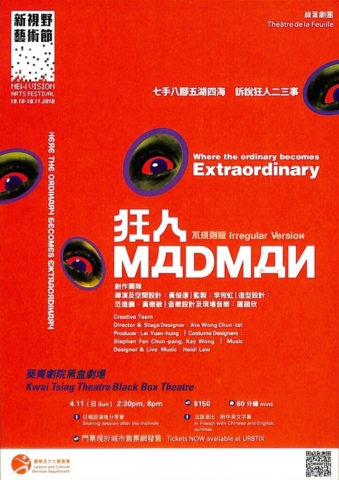09-08-20
Hong Kong is small: we have 1,106 sq. km of land and there are more mountains than surrounding flat lands. The population is about 7.5 million. The Hong Kong Economic & Trade Office reported that there are over 1,000 performing art groups in Hong Kong, staging as many as 8,000 performing art shows every year and attracting an annual audience of over 3 million.
Our city is tiny but there are loads of performing art shows. Should we encourage such shows to go across into the Chinese Mainland especially the Greater Bay Area and abroad into other cities of the world?
There are 2 views. Some argue that the internationalization of local arts can be regarded simply as being part of the normal expansive process of creative development of a city. The process is both for cultural and economic gains. Some are against the idea. They condemn that internationalization estranges art from the artist. The different works which stand against him is ‘a separate activity within its own objectives and values. The artist is pushed towards anti-intellectualism and willful dismissal of the art of the past.’
The Cultural Revolution was a socio-political movement in China from 1966 until 1976. The Revolution damaged China’s economy, education and traditional culture. Art activities were repressed. Art in Hong Kong however did not stop. Popular Cantonese operas and plays have been here since the 1940s. A number of drama groups dating back to the 70s are still active. The Hong Kong Academy for Performing Arts was established in 1984 and it produced artists who are globally competent. We have put together a great diversity of successful stage programs with Hong Kong, Chinese, Asian and western themes. Every year, our Government spends a lavish fortune on supporting artists, art groups and art programs.
Being unable to stand upright and move more steps outward, what have gone wrong which made Hong Kong an empty sack? There may be good reasons in the roasting of eggs and these are the views from some stakeholders:
- Many stage art groups in Hong Kong are government-subsidized. They lack the extra resources, or perhaps the incentive, to go overseas.
- Approvals for performances in the Chinese Mainland are not easily granted.
- Funding, if not from the Government, is hard to be found from commercial sectors.
- The spoken language of Hong Kong is Cantonese and so is our theatrical performance. It can be tough to break into an international market due to the language barrier.
- We have not had enough artistic programs which are world-class and there is a pressing need for concrete actions especially incubating able playwrights.
- We may have to adapt the very local style of our Hong Kong performances to meet the different cultural expectations of other places.
- Since Hong Kong market is small-scale, we have very few professional art agents and managers connecting our artists and groups to the outside world.
- There has been an upsurge of ‘alternative culture’ among the young in the Chinese Mainland. A profusion of ‘fringe theatres’ and ‘black box theatres’ sprang up in converted warehouses and abandoned factories. Hong Kong stage programs should perhaps capture this growing trend and the efforts will become assimilated into mainstream theatre after some years.
- Overseas marketing is the most important thing that local art groups must learn to do well. Not only does marketing create brand awareness (for example, that Hong Kong’s programs are artistic and entertaining) but it can also generate ticket sales and engage audiences. Most art groups in Hong Kong are ‘non-governmental organizations’ (NGOs) and they do not know the game of ‘selling the right message for the right target with the right product at the right price at the right time’.
There are many challenges associated with Hong Kong stage performances going overseas and I have listed only some. Our performing art world should be run by ourselves but right now, it seems that we expect too much from the government. History, in general, only tells us what government cannot do more than what it can do. Rashida Rowe said wisely, “Never depend on anyone to make you happy. You are responsible for your own happiness.”
This article can also be found at the following sites:









